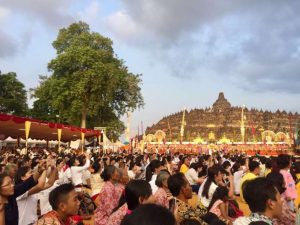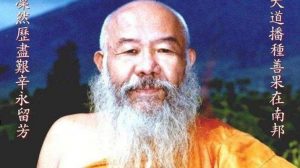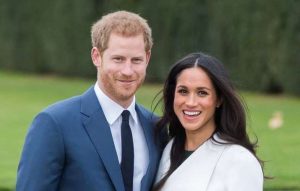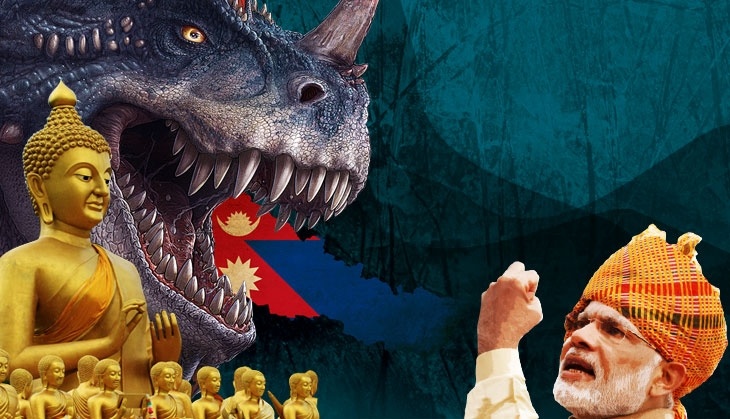
Preceding the 2560th Buddha Jayanti celebration held on 21 May in Lumbini, Nepal, which was attended by more than 1,200 delegates from Nepal and overseas, the government of Nepal hosted a two-day International Buddhist Conference in the capital Kathmandu from 19–20 May. However, the circumstances surrounding the conference exacerbated an already discordant situation between Nepal and its neighbor India, which elected to boycott the event. This article will take a brief look at the reasons for the friction between the two countries.
In a recent commentary, Indian news website catchnews cited two reasons for the disharmony in relation to the conference. Firstly, India suspects that Nepal’s Ministry of Culture, Tourism & Civil Aviation received US$1.5 million in funding from China for the conference and Buddha Jayanti celebration. Some of the funds are believed to have been transferred in the form of donations from four prominent Buddhist temples in China located at the sacred sites of Mt. Wutai, Mt. Emei, Mt. Putuo, and Mt. Jiuhua, each of which is thought to have donated US$100,000. The remaining balance is believed to have been channeled through the Buddhist Association of China, the Chinese temple at Lumbini, a number of Chinese hotel and commercial associations in Kathmandu, and also through Myanmar. Secondly, according to catchnews, India is unhappy that Nepal’s Ministry of Culture, Tourism & Civil Aviation changed the theme of the conference from “Preservation and Development of Buddhist Heritage of Nepal” (with the sub-theme “Lumbini—Birthplace of the Buddha”). The name was changed to “Lumbini, Nepal: The Birthplace of Lord Buddha and the Fountain of Buddhism and World Peace.”
The catchnews article went on to suggest that India therefore suspects that Nepal, with the aid of China, is aiming to raise the status of Lumbini as a pilgrimage site and as “the heart of Buddhist belief” above that of Bodh Gaya in India (where the Buddha is generally believed to have attained enlightenment), legitimizing its claim through association with the four sacred sites in China, which are linked to the enlightenment of the bodhisattvas Wenshu (Skt. Manjushri), Puxian (Skt. Samantabhadra), Guanyin (Skt. Avalokiteshvara), and Dizang Wang (Skt. Kshitigarbha).

During the opening of the conference on 19 May, Nepal’s prime minister Khadga Prasad Sharma Oli further proclaimed that Lumbini was the birthplace not only of the Buddha, but in fact also of Buddhism, saying: “Lumbini is the place where Buddhism originated. It is ‘the land of Buddha and the fountain of peace’. It is a treasure land of historical, religious, cultural, and archaeological significance. . . . The government of Nepal is fully committed to promoting Lumbini as the birthplace of Lord Buddha and the fountain of Buddhism.” (The Kathmandu Post)
This is not the first time in recent years that Buddhist history has been a source of discord between India and Nepal. In 2013, there were widespread protests in Nepal against Indian television channel Zee TV after it aired the historical series Buddha, which portrayed Shakyamuni Buddha as being born in India. Nepal’s Cable TV Association even imposed a ban on the inaugural episode in Nepal. The Indian embassy in Kathmandu quickly issued a statement on social media affirming the Indian government’s official recognition of Lumbini as the Buddha’s birthplace. India’s official position on the matter was confirmed again by Indian prime minister Narendra Modi in 2014, when he stated before the Nepali parliament that the Buddha was born in Nepal.
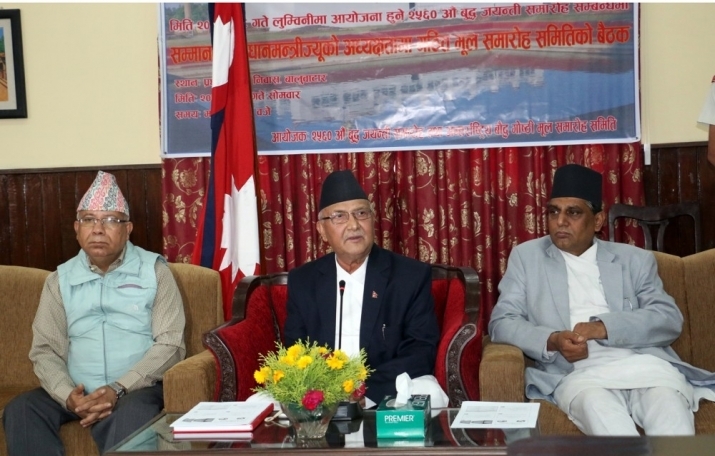
On the Asia News Network website, Kathmandu Post journalist John Narayan Parajuli observed that India suspects Nepal’s new leadership of attempting to legitimize an alternative historical narrative of Buddhist history, under the influence of China. He proposed that it is not beyond the realm of possibility for Lumbini to take over from Bodh Gaya, with the potential for huge Chinese investment in infrastructure.
A look at the recent history of diplomatic ties between India and Nepal, however, would further indicate that the disharmony between the two nations is not due solely to Chinese involvement in the Buddhist conference. For example, current affairs magazine The Diplomat reports that Nepal’s relations with India have been tense since Nepal adopted a new constitution in September last year that was opposed by India. Bamdev Gautam, a senior leader in Nepal’s coalition government, recently accused India of attempting to oust the incumbent coalition, saying, “India tried to topple the government, forcing the main opposition party Nepali Congress President Sher Bahadur Deuba to take the lead in the process.” (The Diplomat)
The government of Nepal subsequently canceled President Bidhya Devi Bhandari’s first trip to India, which was scheduled for early May, and recalled its ambassador to India, Deep Kumar Upadhyay. Ambassador Upadhyay, also a senior leader of the Nepali congress, has been accused of conspiring with India’s ambassador to Nepal, Ranjit Rae, to lobby the Indian establishment to topple the coalition in Nepal—accusations that Upadhyay has dismissed.
The issue now appears to be whether Oli is more interested in political gain or if he is willing to invest the time and energy in engendering national unity by reaching out to opposition parties to create an environment in which Nepal’s new constitution can be fully implemented.
See more
Buddha in a diplomatic jam: Nepal-China take on India over Buddhist heritage (catchnews)
Battle for leadership of the Buddhist world (Asia News Network)
PM for promoting Lumbini as Birthplace of Buddha (The Kathmandu Post)
Fresh Turmoil in Nepal-India Relations (The Diplomat)
Buddha was born in Nepal, stresses India after outrage on tele-series in Nepal (India Today)
2560th International Buddha Jayanti Celebration and Bouddha Seminar 2016
Indian Officials to Boycott Buddhist Conference in Nepal in Diplomatic Spat (Buddhistdoor Global)







